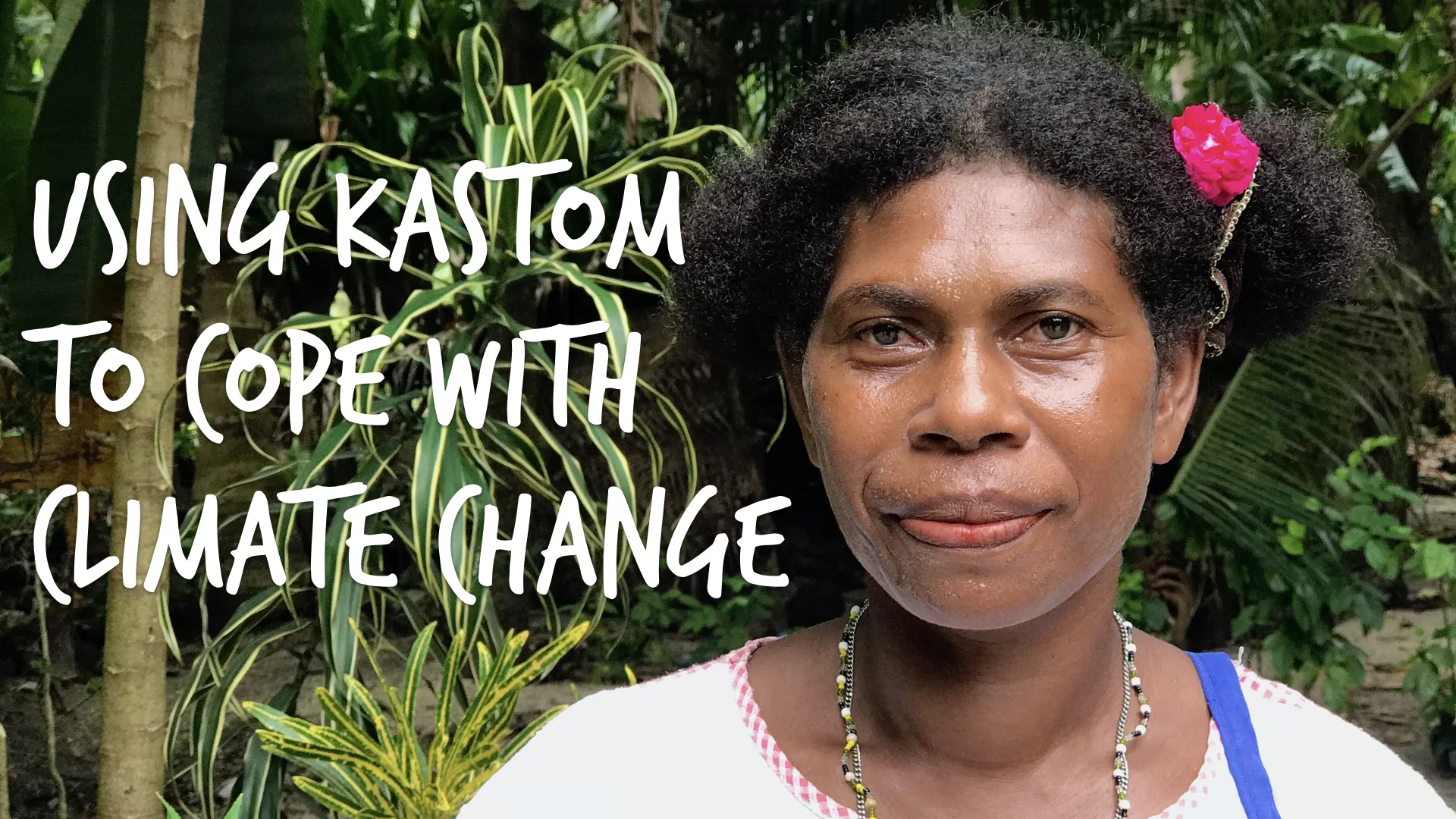Janet: Mom, Gardener and Climate Innovator
A UNDP adaptation project has inspired Solomon Island women like Janet to come up with new ways of growing and feeding their families
Janet is an unlikely innovator but she’s helping her community adapt to changes in the climate. Like every woman on the reef islands, she does much more than one thing: she fishes, keeps pigs, cooks, cleans, gardens, grows crops and raises kids. She says the salty ground water killing off her fruit trees. Some bananas trees have already died and other fruit trees have declining yields.
Changes in rainfall patterns are also hitting Janet and her family hard. The wells are close to the homes on the beach and the crops are grown up into the bush. But there’s not been enough water for irrigation and parts of the food supply can perish in the extreme heat and prolonged droughts.
Janet kept on noticing fruit tree seedlings dying in the heat. Replenishing the stock of productive trees is an essential part of planning for feeding the hungry mouths of the future on these vulnerable atolls. But again and again, Janet saw these trees flounder and die. She looked around saw dugout canoes that had been leaking and was on the to-do list to repair. She went to the forest and brought back bags of rich soil and leaf litter and she filled the traditional canoes.
Janet found that she had the perfect raised beds for growing stronger seedlings and garden crops. The raised beds were safe from the salty soil and the extreme heat. The canoes can be moved if it’s getting too much sun and it brings the food cultivation right to her doorstep so her kids get more fresh greens to supplement the diet of fish and taro.
She’s inviting her community to see how she’s growing in the canoes. She says others have been inspired by her lead and are trying the canoe gardens at their houses. It’s a small step in a long journey to adjust to climate change.
For more information about Janet, her innovation or the SIWSAP project, please get in touch:
Patrick Rose - patrick.rose@undp.org - +677 712 1570






